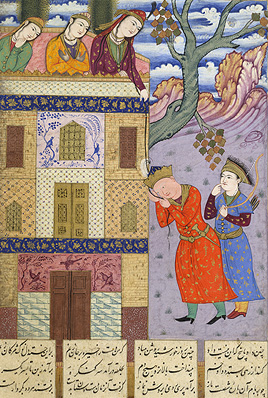Article by Marina Wooden based on analytical report by PODUW // Visualization by Corbin Ferrie
In order to enact change, it’s important to first evaluate whether or not change is actually wanted. As a part of ASUW’s survey of student satisfaction with the current diversity credit, students were asked to rate their satisfaction with the current diversity requirement. The results did, in fact, show that the current system is insufficient, and needs to be reevaluated.
Students were asked to rate their satisfaction with the UW’s current diversity credit requirement on a scale from 1 to 5. Of all marginalized identities, black students were the least satisfied, with an overall 1.86 satisfaction rating.
Considering current events, with issues like police brutality and the school to prison pipeline at the center of attention, it is no surprise that black students are unsatisfied with the current system, and no surprise that UW’s own Black Student Union was the first to instigate the discussion about the diversity credit.
Also notable is the 3.38 satisfaction rating from students with no marginalized identity, the highest score of any possible identity. In psychology, there is a notion of tunnel vision, when a person becomes so focused on a goal that they disregard what is happening around them. An explanation for this high score could be that people are so preoccupied with their own experiences that they don’t even consider others’. An expansion of the diversity credit could theoretically help with this, developing empathy and awareness to create a better professional and a better person.






